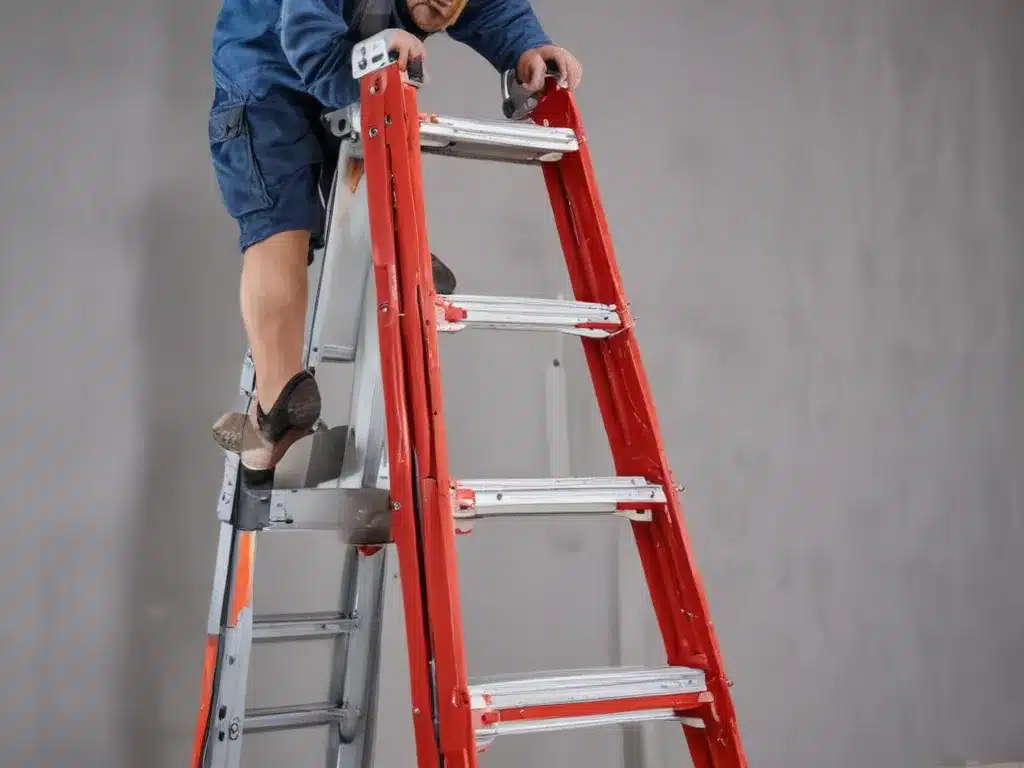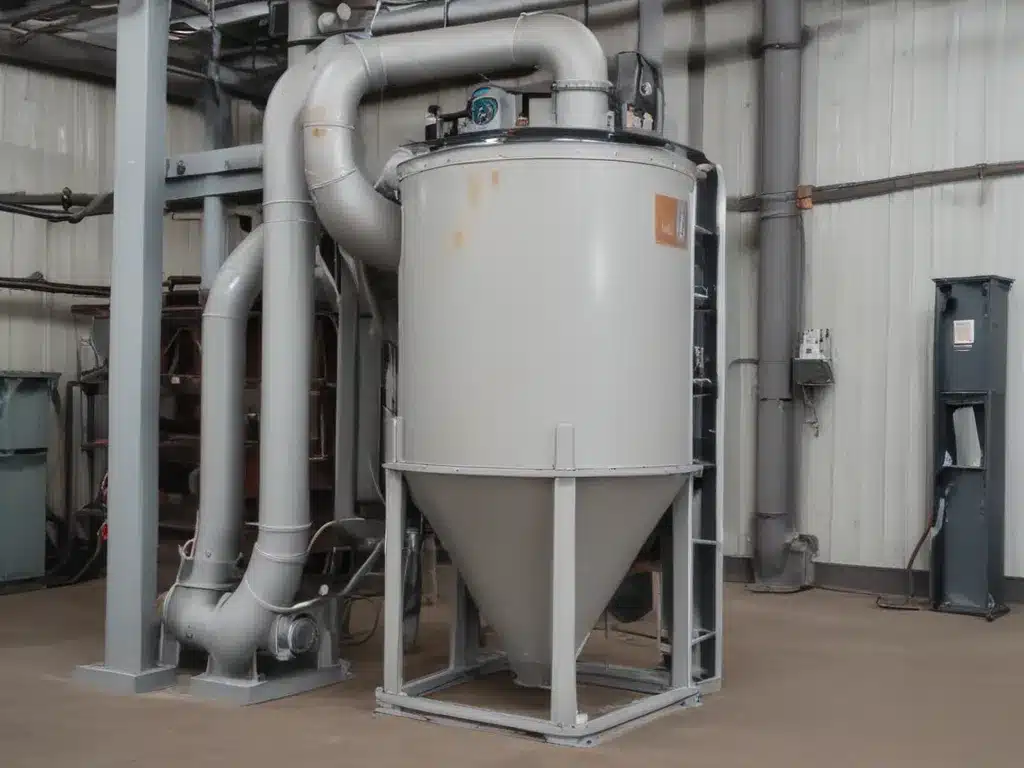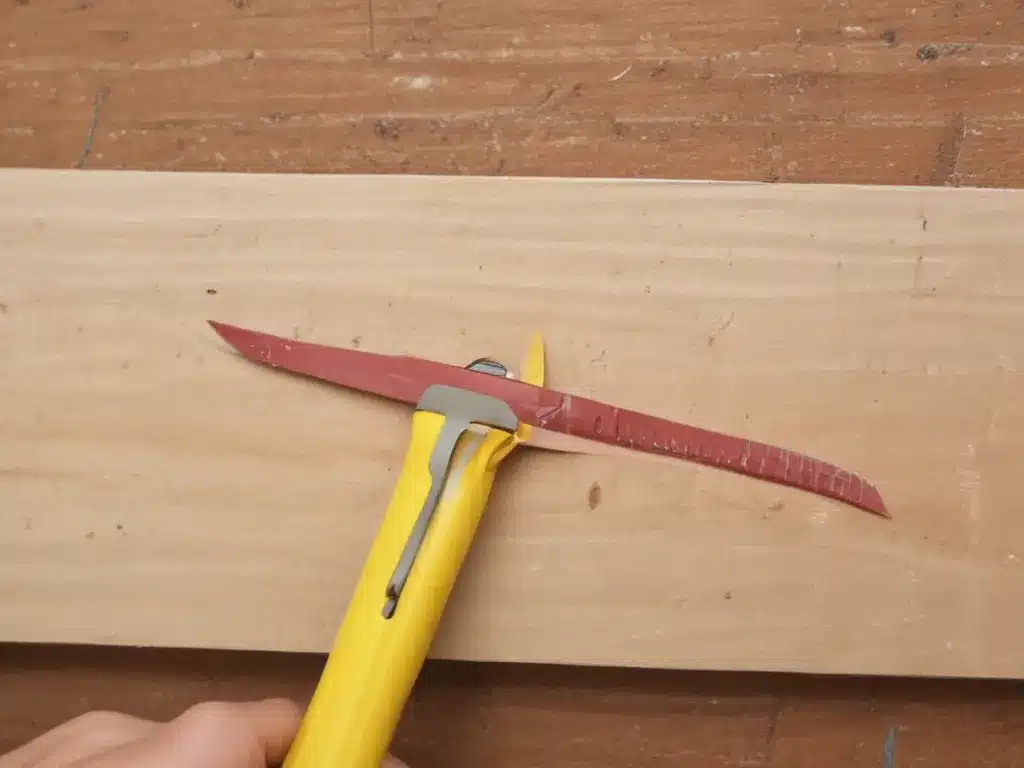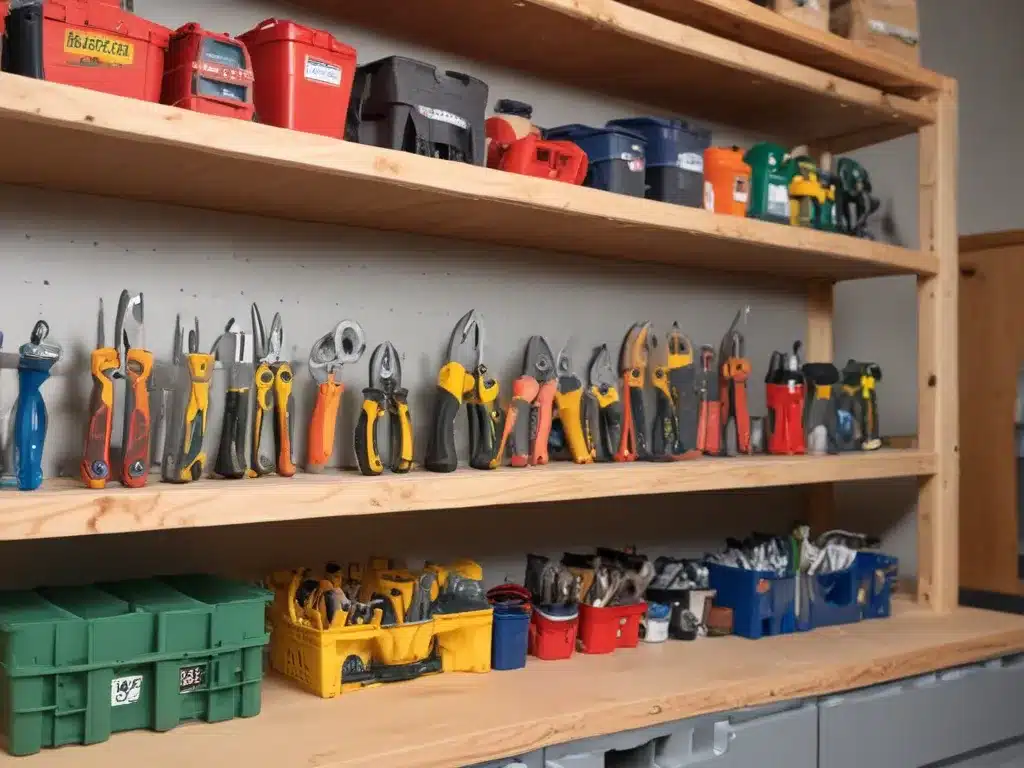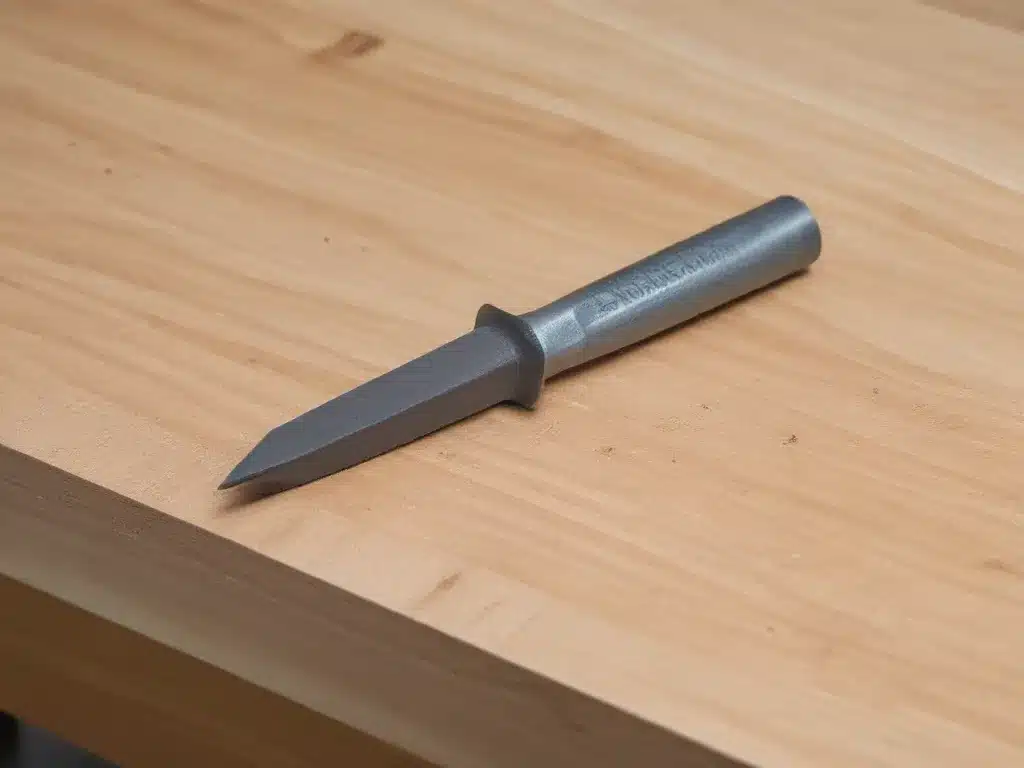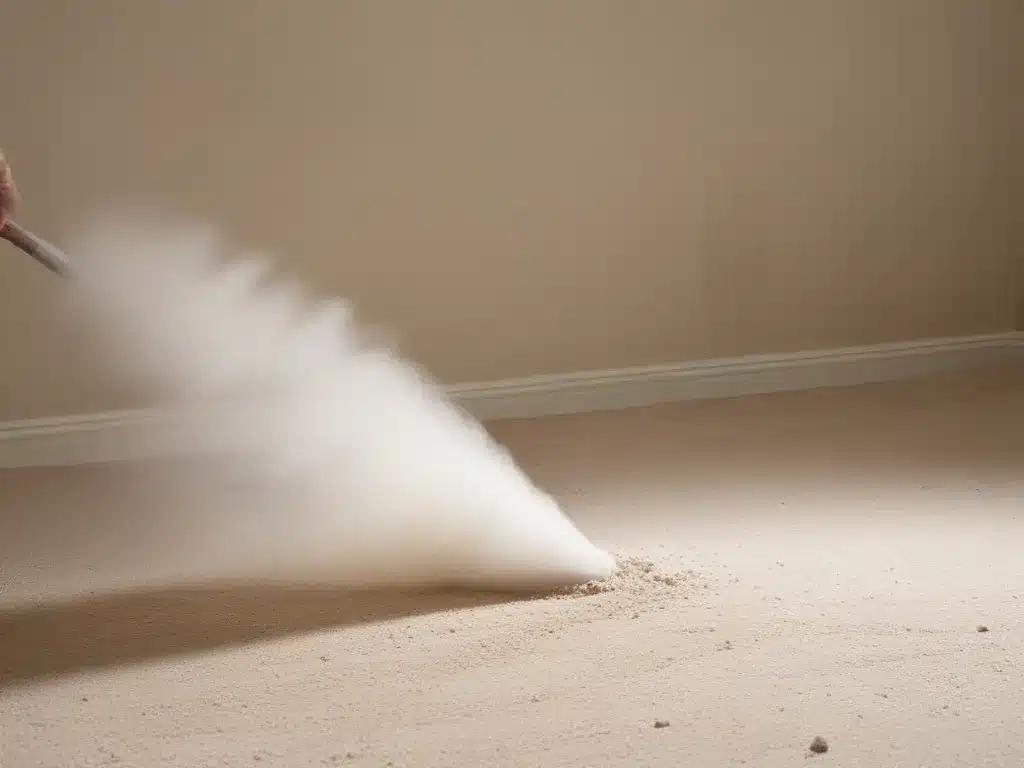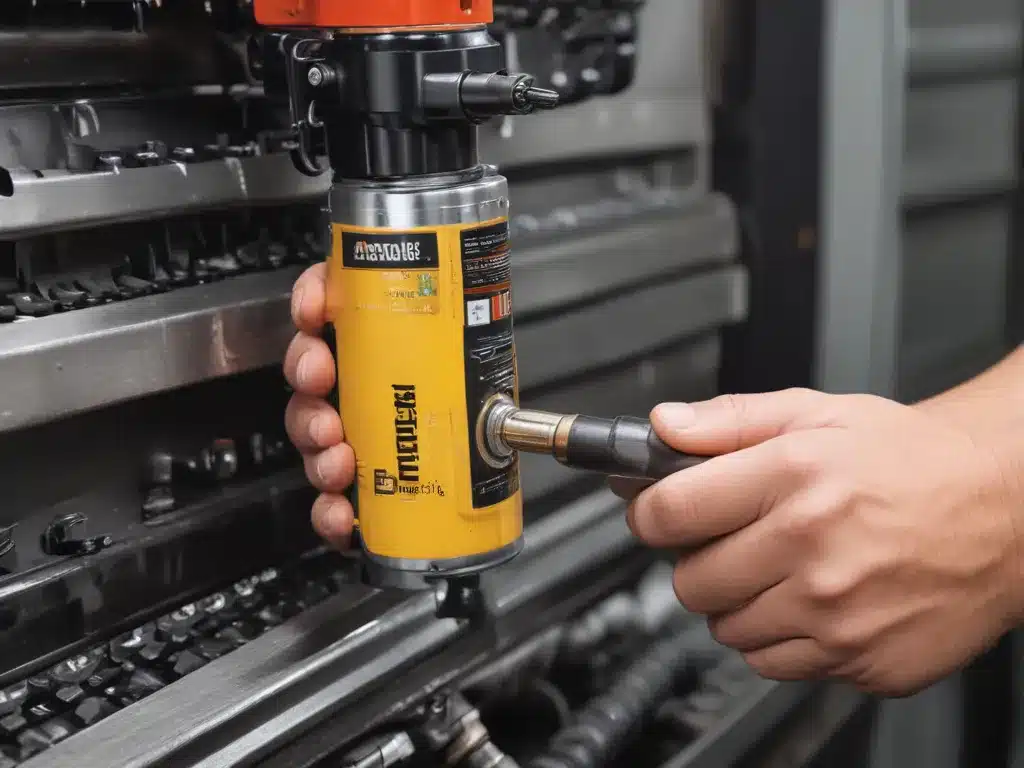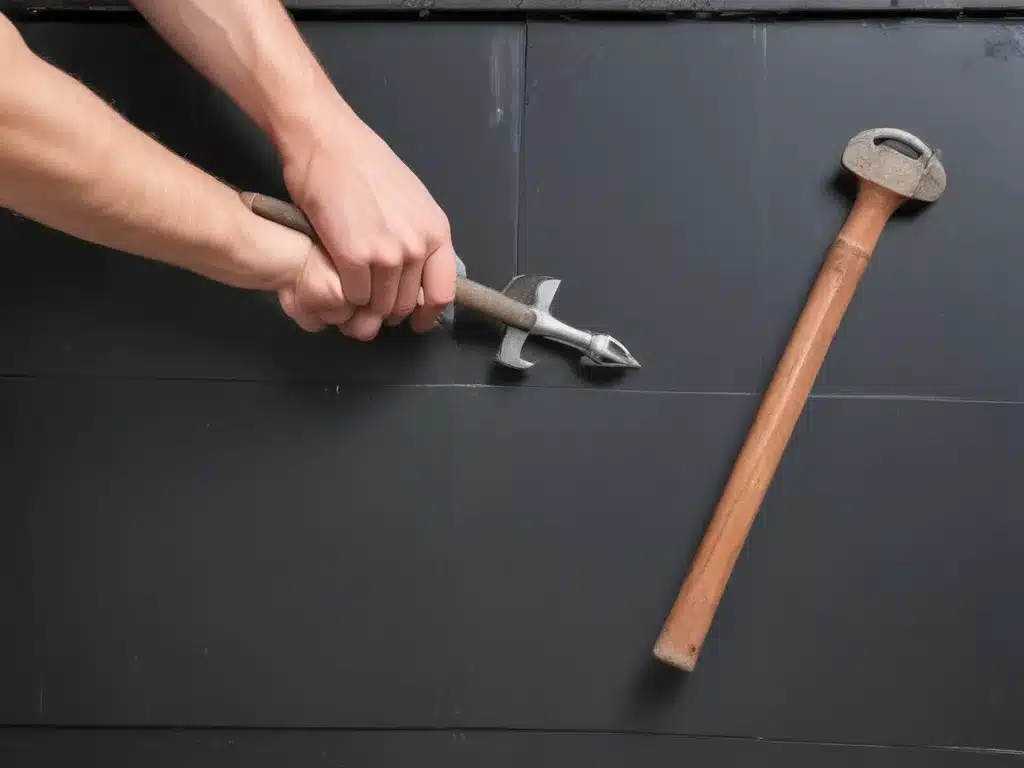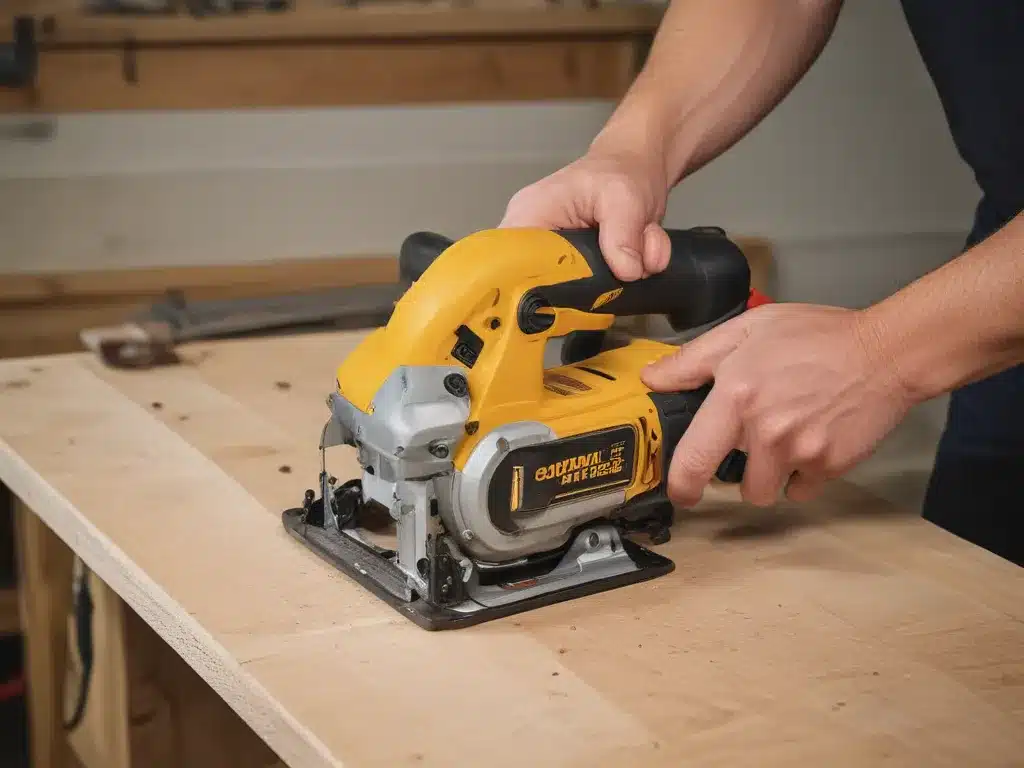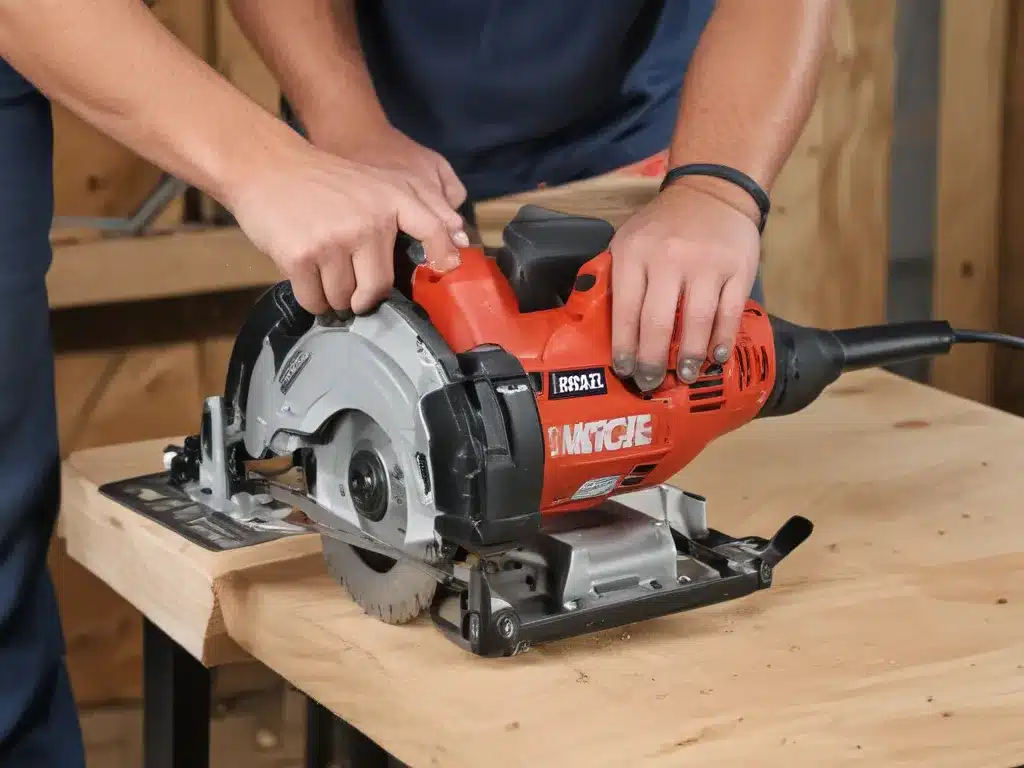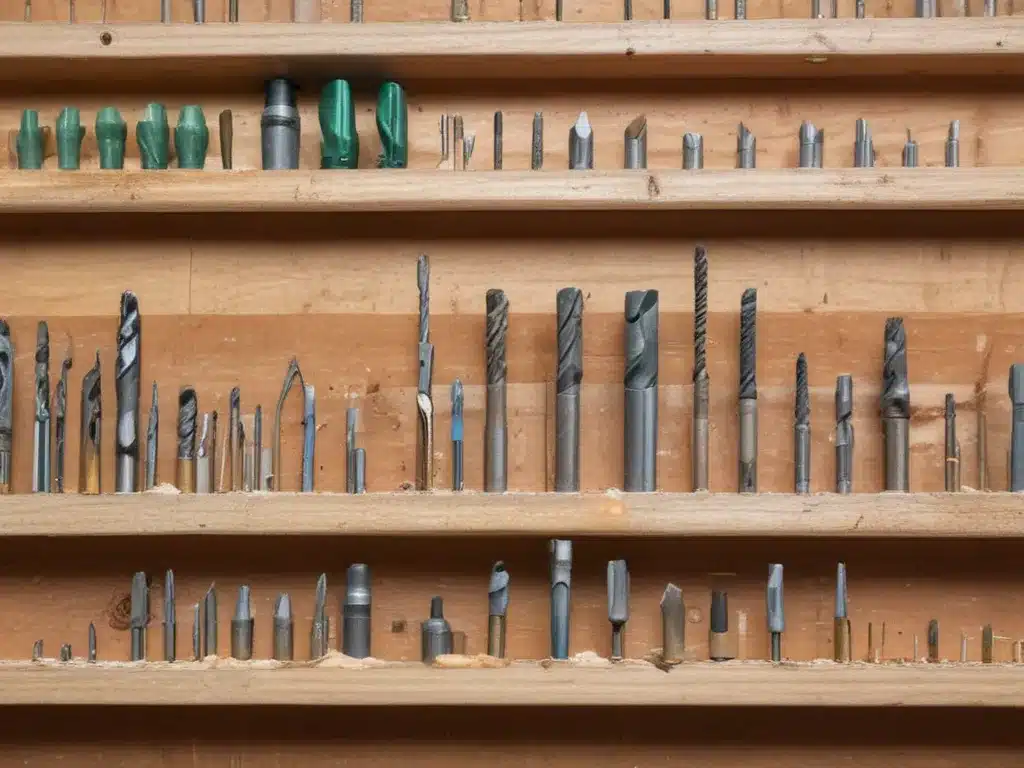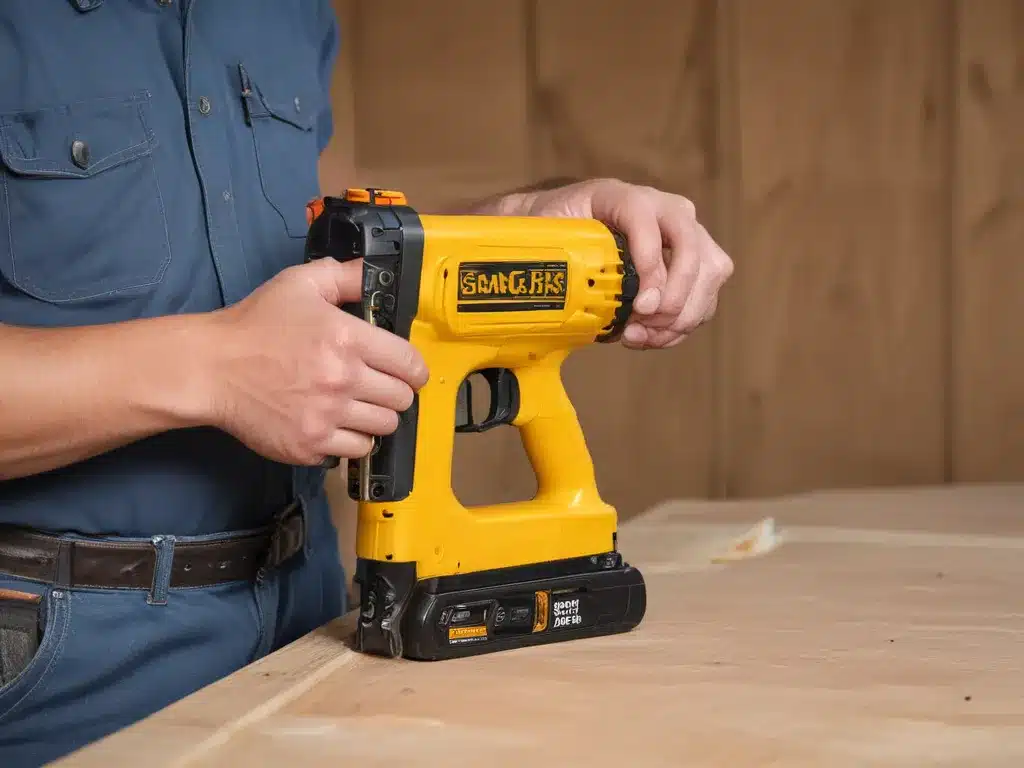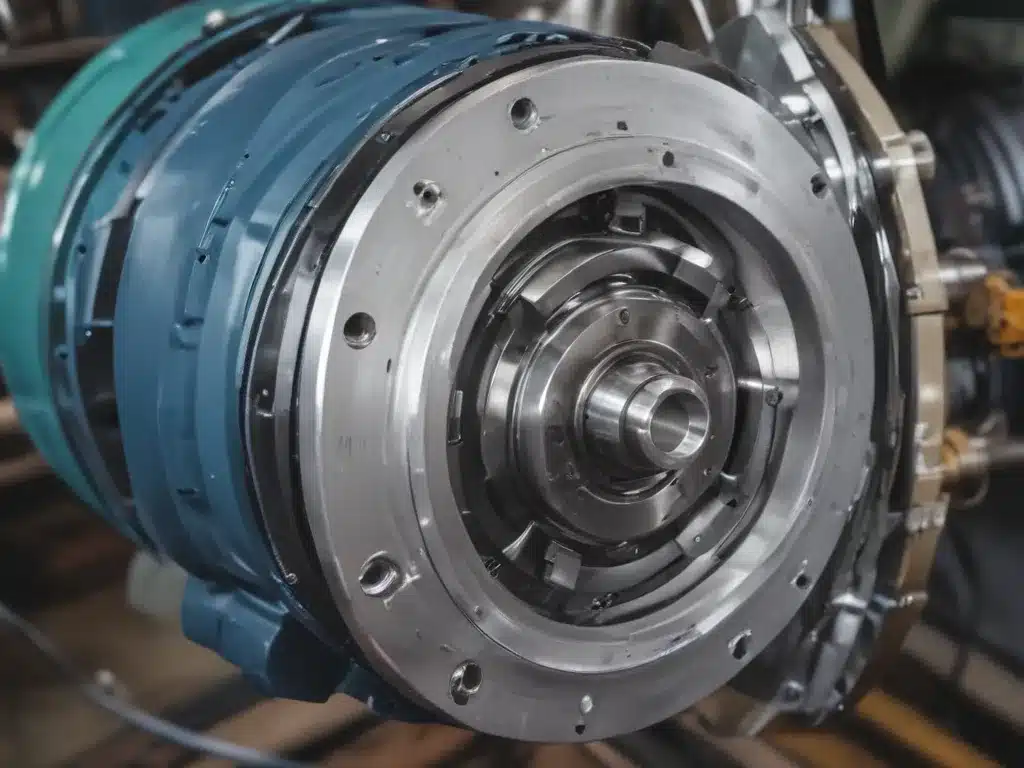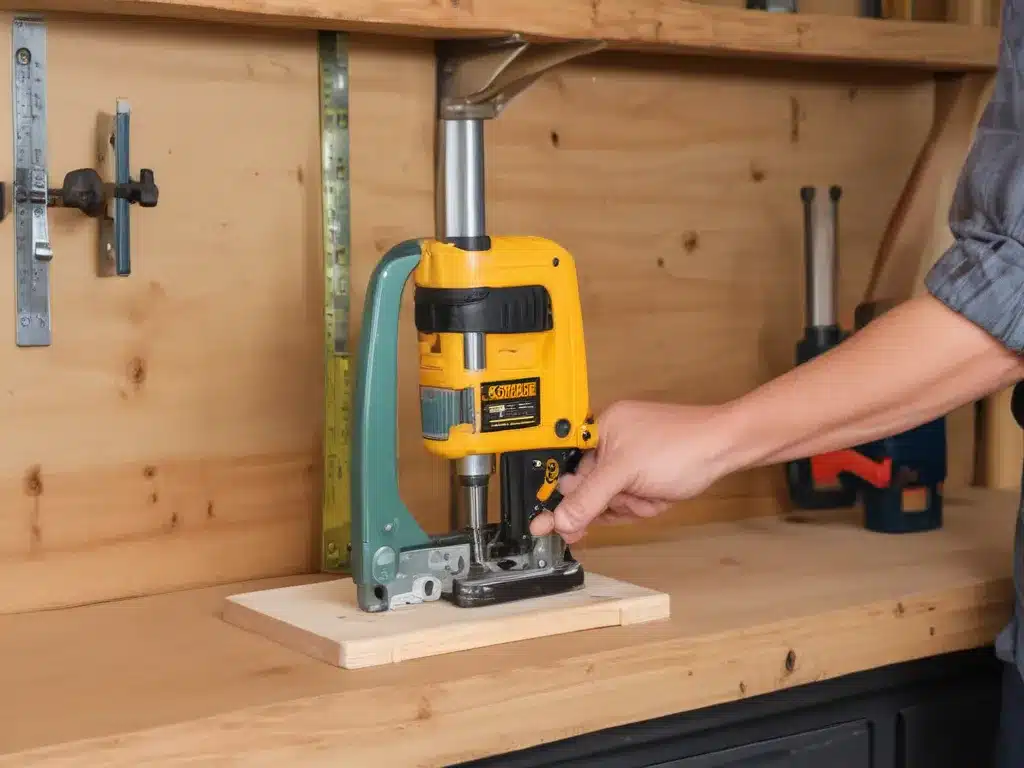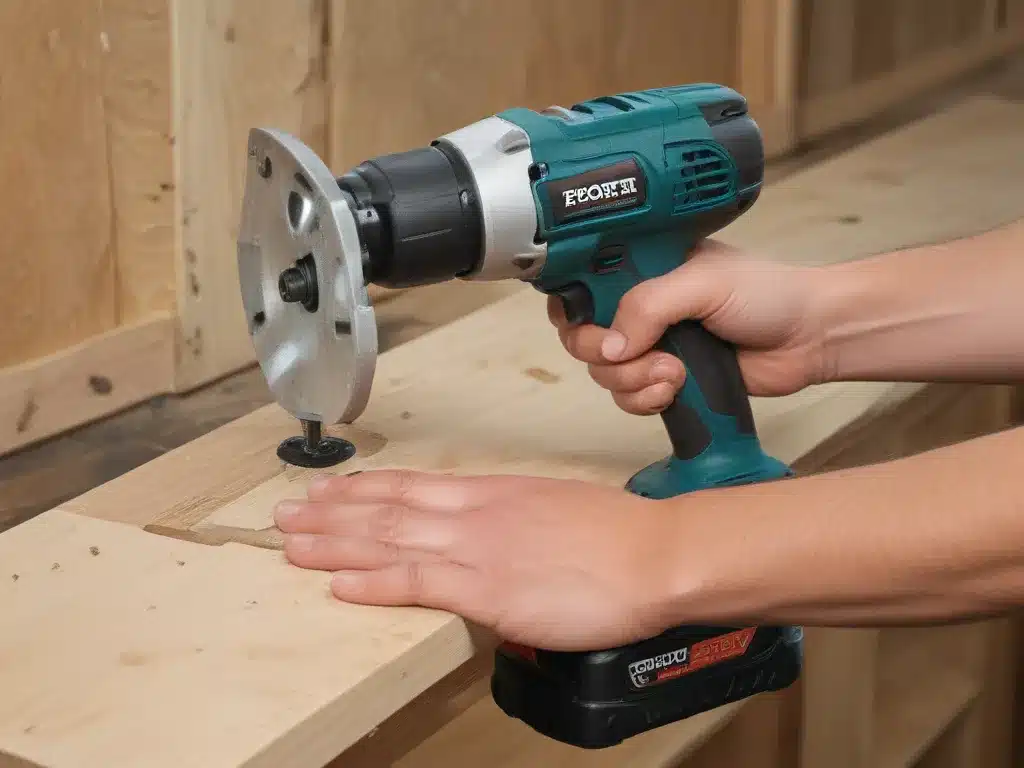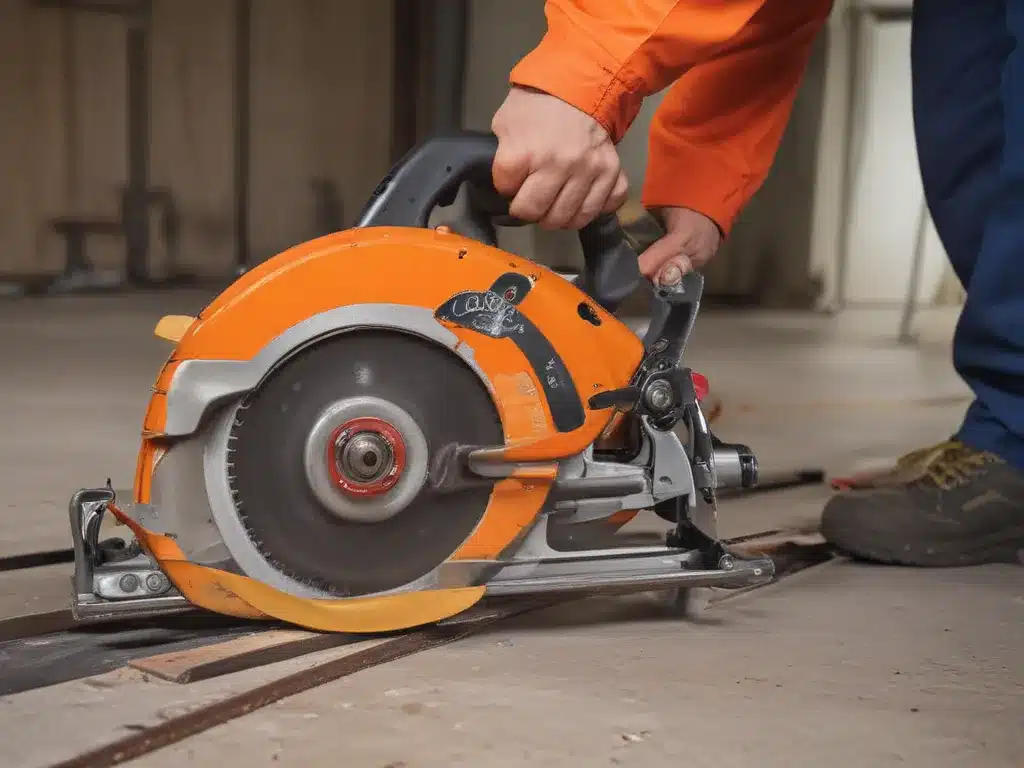Drill Presses: The Backbone of Your Workshop
As a dedicated power tool enthusiast, I’ve always had a special place in my heart for drill presses. These versatile machines have been the backbone of my workshop for years, helping me tackle a wide range of woodworking, metalworking, and even home improvement projects with ease. But when it comes to choosing between a benchtop and a floor drill press, the decision can be a bit daunting. After all, each type has its own unique features and capabilities, and the right choice can make all the difference in the world.
Benchtop vs. Floor Drill Presses: Weighing the Pros and Cons
Let’s start by taking a closer look at the key differences between benchtop and floor drill presses. On one hand, benchtop models are compact, lightweight, and easy to maneuver, making them a great option for those with limited workshop space or on-the-go projects. They’re also generally more affordable than their floor-standing counterparts.
| Feature | Benchtop Drill Press | Floor Drill Press |
|---|---|---|
| Size | Compact and lightweight | Larger and bulkier |
| Mobility | Easily portable | Less mobile |
| Capacity | Typically handles smaller workpieces | Can accommodate larger and heavier workpieces |
| Power | Typically less powerful | Typically more powerful |
| Price | More affordable | Generally more expensive |
On the other hand, floor drill presses offer a more substantial and stable platform, allowing you to tackle larger and heavier workpieces with ease. They typically pack more power under the hood, making them better suited for demanding tasks like drilling through thick hardwoods or metals. Of course, this added capability comes at a price, both in terms of the initial investment and the additional space required in your workshop.
So, how do you decide which type of drill press is right for you? Let’s dive deeper into the key factors to consider.
Workspace and Portability: Evaluating Your Needs
One of the most important considerations when choosing between a benchtop and floor drill press is the size and layout of your workshop. If space is at a premium, a compact benchtop model might be the way to go. These handy little machines can easily be tucked away on a workbench or even transported to different job sites as needed.
On the other hand, if you have the luxury of a larger workshop and are willing to dedicate a specific area to your drill press, a floor-standing model can provide a more stable and powerful platform for your projects. These machines are designed to stay put, but their increased size and weight can make them a bit more challenging to move around.
Drilling Capacity and Precision: Matching Your Projects
Another key factor to consider is the size and complexity of the projects you typically tackle. If you’re primarily working with smaller workpieces, such as furniture parts or hobby projects, a benchtop drill press might be more than sufficient. These models are often well-suited for precise, delicate work, thanks to their compact size and easy-to-use controls.
However, if you find yourself frequently drilling through thick, heavy materials or working on large-scale projects, a floor drill press might be the better choice. These machines are designed to handle bigger and bulkier workpieces with ease, thanks to their greater depth capacity and more powerful motors. They also tend to offer more advanced features, such as larger tables, adjustable depths, and more precise depth stops, which can be invaluable for complex drilling tasks.
Power and Performance: Matching Your Needs
When it comes to raw power and performance, floor drill presses generally have the edge over their benchtop counterparts. With their larger motors and more robust construction, floor models are typically better equipped to handle demanding drilling tasks, such as cutting through thick hardwoods or dense metals.
That said, don’t underestimate the capabilities of modern benchtop drill presses. Many of these compact models now come with impressive power and speed ratings, making them more than capable of handling a wide range of DIY and light-duty professional projects. The key is to carefully consider the specific power requirements of your typical projects and choose a drill press that can meet or exceed those needs.
Budget and Space Constraints: Finding the Right Balance
Of course, the final decision between a benchtop or floor drill press will also come down to your available budget and the physical space in your workshop. Benchtop models are generally more affordable, making them a great option for those on a tighter budget or with limited workspace. Floor drill presses, on the other hand, tend to be more expensive, but they also offer a larger and more stable platform for your projects.
Real-World Examples: Seeing the Differences in Action
To help illustrate the differences between these two types of drill presses, let’s look at a few real-world examples:
Case Study 1: The Hobbyist Woodworker
Meet Sarah, a passionate hobbyist woodworker who loves creating intricate birdhouses, small furniture pieces, and other delicate projects. For her needs, a benchtop drill press like the DEWALT DDP240 has been a game-changer. Its compact size and lightweight design make it easy to move around her small workshop, while its precise depth control and adjustable table have allowed her to drill perfectly aligned holes for her delicate projects. The 3.2-amp motor may not be the most powerful, but it’s more than enough to handle the softwoods and thin materials she typically works with.
Case Study 2: The Professional Metalworker
In contrast, let’s consider the needs of John, a skilled metalworker who specializes in fabricating custom motorcycle parts and other heavy-duty metal projects. For his work, a floor drill press like the JET J-2500 has been an essential tool. Its 1-horsepower motor and large, sturdy table provide the power and stability he needs to drill through thick, tough materials with ease. The added depth capacity and adjustable speed settings have also been crucial for his more complex metalworking tasks, such as creating precision-drilled mounting plates and engine brackets.
Conclusion: Choosing the Right Drill Press for Your Needs
At the end of the day, the choice between a benchtop and floor drill press comes down to a careful evaluation of your specific needs, workspace constraints, and budget. If you’re a hobbyist or DIYer working on smaller projects, a compact and portable benchtop model might be the perfect fit. But if you’re a professional or serious woodworker or metalworker tackling larger, more demanding tasks, a powerful and stable floor drill press might be the better investment.
Regardless of which route you choose, remember that the right drill press can be a game-changer in your workshop, helping you tackle a wide range of projects with precision, efficiency, and confidence. So take the time to carefully consider your options, and get ready to take your power tool skills to the next level!


